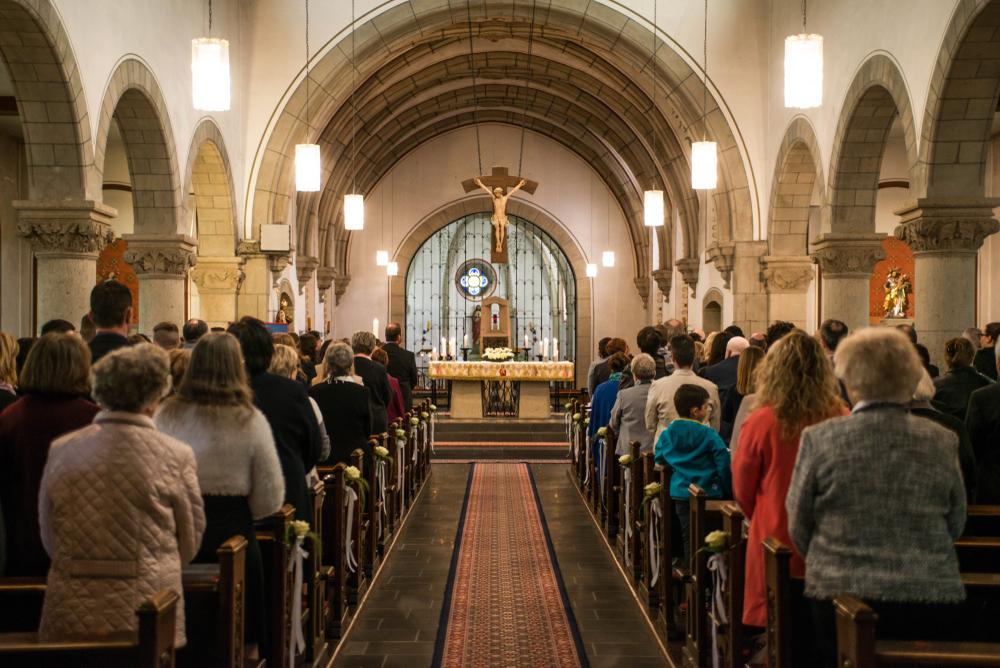What is the difference between starting a church and starting another type of religious nonprofit? Religion is a charitable purpose and therefore many types of religious organizations qualify for tax-exempt status.
However, a church is entitled to special privileges under the law. Thus, many founders who wish to form a religious organization prefer to obtain recognition of the entity as a “church” for tax purposes.
Benefits of Operating a Church
Churches are entitled to several benefits that are not available to other types of religious charities. These benefits include the following:
- Churches are not required to apply to the IRS for recognition of tax-exempt status,
- Churches are not required to file annual form 990s,
- The IRS must follow special rules when it audits churches
These benefits make status a church preferable to starting a mere religious organization.
Although the IRS does not require churches to apply to the IRS for 501(c) (3) status, there are significant benefits for those starting a church to obtain an IRS determination. Some of those benefits include having verifiable proof of tax-exempt status.
Grant-making agencies typically require a 501(c) (3) determination letter before they will consider a grant application. Also, other state and federal agencies may require evidence of the church’s 501(c) (3) status before extending certain benefits or permits (e.g., property tax exemptions).
Finally, 501(c) (3) status can raise an organization’s credibility within the community.
What Is A Church?
Starting a church and starting a religious organization have very different requirements. Religious organizations that are the equivalent of a church, including synagogues, mosques, temples, and other less recognized religious institutions also seek church status from the IRS as the term church is not defined by the IRS.
Instead, the IRS has developed a facts and circumstances test to determine whether an organization qualifies as a church. The test includes 14 factors as follows:
- Does the organization have a written Creed, statement of faith, or summary of beliefs?
- Does the organization have a formal code of doctrine and discipline?
- Describe the organization’s religious hierarchy or ecclesiastical government.
- Does the organization have regularly scheduled religious services?
- Does the organization have an established place of worship?
- Does the organization have an established congregation or another regular membership group? Note that this is probably the most important factor. IRS regulations state that membership or other congregation is essential and that without members an organization may be deemed a religious organization rather than a church.
- How many members does the organization have? (If the organization has 20 members or fewer, it is likely that this factor will trigger in-depth follow-up questions).
- Does the organization have a process by which an individual becomes a member?
- Does the organization conduct baptisms, funerals, weddings, or other rituals?
- Does the organization have a school for the religious instruction of the young?
- Does the organization have a minister or religious leader?
- Is the organization’s minister or religious leader also one of its officers, directors, or trustees?
- Does the organization ordain, commission, or license ministers or religious leaders?
- Is the organization part of a group of organizations with similar beliefs and structures?
Applicants do not have to meet all 14 factors in order to obtain 501(c) (3) status. Rather the IRS will weigh all of the factors to determine whether the organization qualifies as a tax-exempt church. Applicants that cannot satisfy this standard, may still qualify under 501(c)(3) as a religious organization.
Group Exemptions
Many larger religious denominations have already applied for and received a group exemption. If your congregation is affiliated with (or could be affiliated with) a larger organization, check with the organization’s head office to determine whether they have a group exemption and whether your congregation could be added as a member of the group.
Ellis Carter is a nonprofit lawyer with Caritas Law Group, P.C. Ellis advises nonprofit and socially responsible businesses on corporate, tax, and fundraising regulations. Ellis is licensed to practice in Washington and Arizona and advises nonprofits on federal tax and fundraising regulations nationwide. Ellis also advises donors with regard to major gifts. To schedule a consultation with Ellis, call 602-456-0071 or email us through our contact form.

